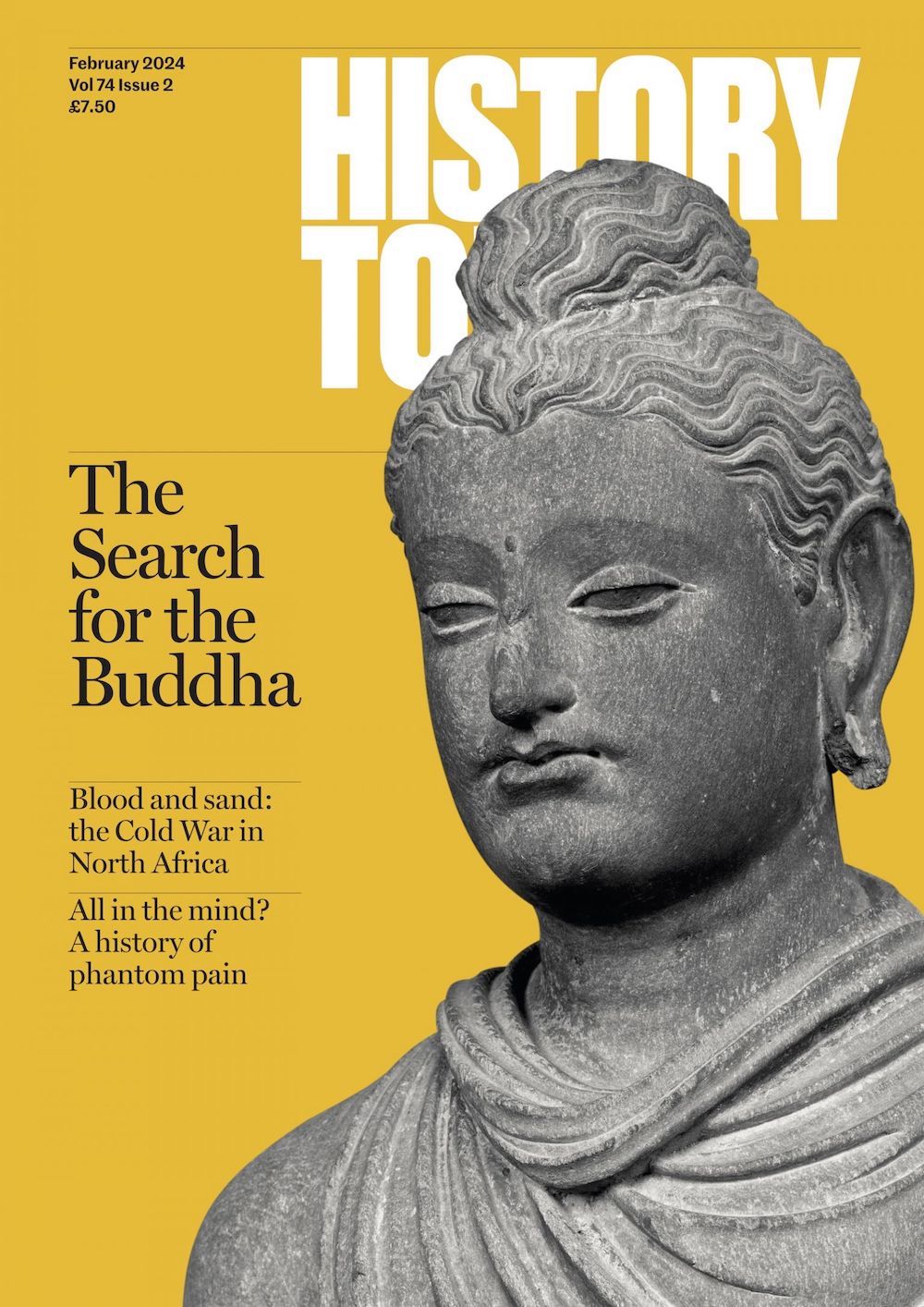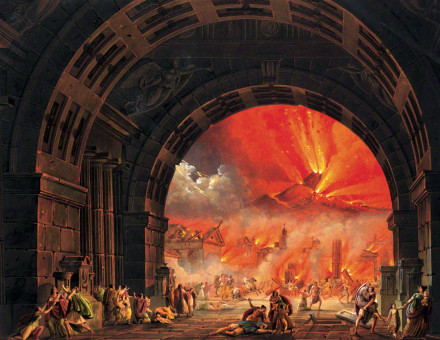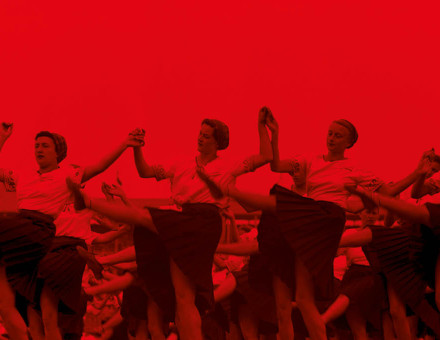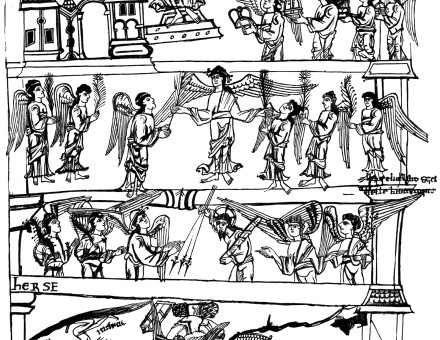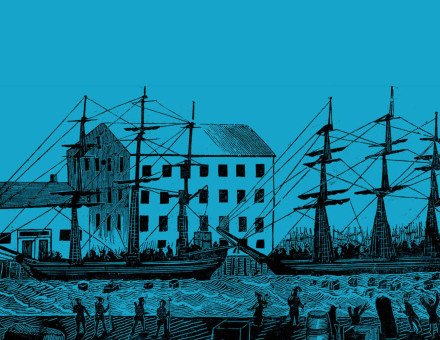Volume 73 Issue 12 December 2023
In the age of enlightenment, the public developed a taste for sheer spectacle. Suitably awe-inspiring, dazzling versions of the world’s most famous volcano, Vesuvius, could soon be found across Europe and North America.
In the late 19th century a new trend captured the Czech people –gymnastics. But sokol was more than just exercise: a healthy body was a healthy nation and the Czechs wanted independence.
Revolutions and rubles, godlings and fascist symbols, Shakespeare and silk: ten historians choose their favourite new history books of 2023.
Soldiers on the front line in France and Flanders saw their fight as the only legitimate one. But in Britain, the mobilisation of the domestic workforce was integral to winning the First World War.
As Anglo-Saxon England faced conquests and apocalypse, Archbishop Wulfstan saw hope for the kingdom in a radical restructuring of society.
Fifty years separate the Boston Tea Party and the Monroe Doctrine. How did a group of British colonies become a self-proclaimed protector of continents within half a century?

